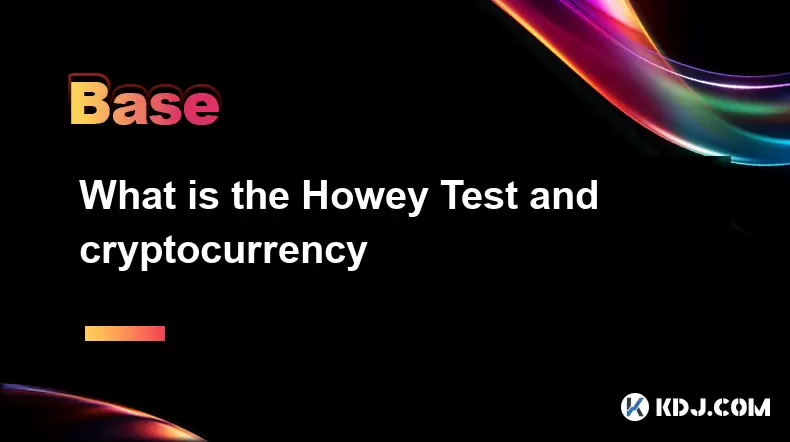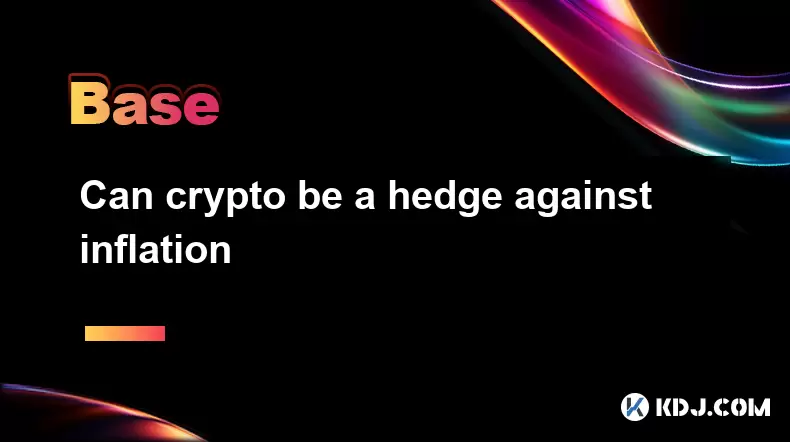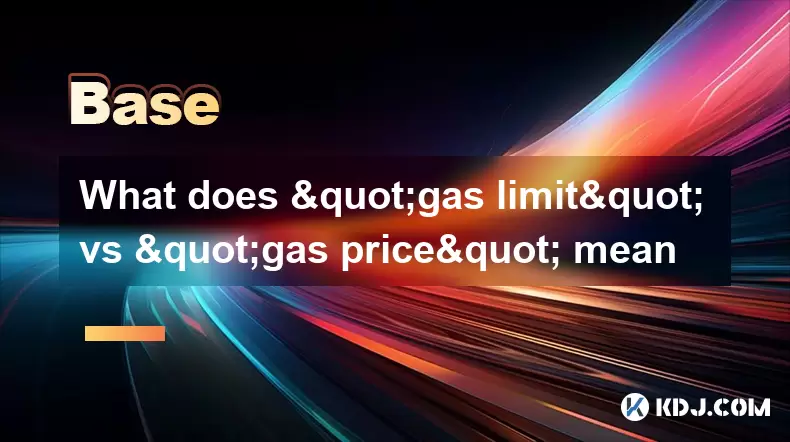-
 Bitcoin
Bitcoin $118,209.3536
1.16% -
 Ethereum
Ethereum $3,151.7546
5.98% -
 XRP
XRP $2.9277
2.35% -
 Tether USDt
Tether USDt $1.0000
0.00% -
 BNB
BNB $689.7099
1.26% -
 Solana
Solana $163.4270
1.91% -
 USDC
USDC $1.0000
0.02% -
 Dogecoin
Dogecoin $0.1983
3.74% -
 TRON
TRON $0.3008
0.51% -
 Cardano
Cardano $0.7435
2.86% -
 Hyperliquid
Hyperliquid $47.6547
-0.48% -
 Stellar
Stellar $0.4625
2.79% -
 Sui
Sui $3.9921
2.71% -
 Chainlink
Chainlink $16.0608
4.23% -
 Hedera
Hedera $0.2348
1.56% -
 Bitcoin Cash
Bitcoin Cash $496.6985
1.25% -
 Avalanche
Avalanche $21.9038
5.41% -
 UNUS SED LEO
UNUS SED LEO $8.8356
-1.88% -
 Shiba Inu
Shiba Inu $0.0...01364
5.31% -
 Toncoin
Toncoin $3.1102
4.35% -
 Litecoin
Litecoin $95.9756
3.59% -
 Polkadot
Polkadot $4.0925
5.78% -
 Monero
Monero $333.7622
-1.44% -
 Uniswap
Uniswap $9.1968
2.25% -
 Bitget Token
Bitget Token $4.6378
6.23% -
 Pepe
Pepe $0.0...01282
6.77% -
 Dai
Dai $1.0002
0.03% -
 Ethena USDe
Ethena USDe $1.0005
0.00% -
 Aave
Aave $329.9143
4.49% -
 Bittensor
Bittensor $441.4995
6.89%
What is the Howey Test and cryptocurrency
The Howey Test determines if a cryptocurrency token is a security by evaluating investment, common enterprise, profit expectation, and reliance on others' efforts.
Jul 12, 2025 at 05:29 am

Understanding the Howey Test in the Context of Cryptocurrency
The Howey Test is a legal framework established by the United States Supreme Court to determine whether a particular transaction qualifies as an "investment contract," which falls under the regulatory scope of securities laws. Originally developed in the case SEC v. W.J. Howey Co. (1946), the test has become a cornerstone for evaluating whether certain financial instruments, including digital assets and cryptocurrencies, are classified as securities.
In the realm of cryptocurrency, this distinction is crucial because if a token or coin is deemed a security, it must comply with federal securities laws enforced by the Securities and Exchange Commission (SEC). This includes registration requirements, disclosure obligations, and investor protections that can significantly impact how a project operates.
The Four Prongs of the Howey Test
To qualify as an investment contract under the Howey Test, a transaction must meet four specific conditions:
- Investment of money: There must be a monetary contribution from the investor.
- Common enterprise: The fortunes of the investor must be tied to the success of the enterprise.
- Expectation of profit: The investor anticipates earning profits from their investment.
- Efforts of others: These profits must come primarily from the efforts of a promoter or third party.
When applied to cryptocurrency, each prong must be evaluated carefully. For example, many initial coin offerings (ICOs) involve individuals investing funds into a project with the expectation that developers or promoters will build and grow the platform, thereby increasing the value of the tokens.
Application of the Howey Test to Utility Tokens
A common debate in the crypto industry revolves around utility tokens — tokens that grant users access to a product or service on a blockchain network. Some projects argue that these tokens are not investments but rather functional components of a decentralized system.
However, regulators have scrutinized such claims. If a utility token is sold with the promise of future value derived from the development efforts of the issuing team, it may still satisfy all four prongs of the Howey Test, thus qualifying as a security. This was evident in the SEC's enforcement actions against several high-profile ICOs where utility tokens were deemed unregistered securities.
How the Howey Test Affects Token Sales and STOs
Security Token Offerings (STOs) are structured explicitly as securities and therefore fall squarely within the purview of the Howey Test. Unlike traditional ICOs, STOs typically offer investors equity, dividends, or other rights backed by real assets, making them more likely to be classified as securities.
For projects conducting token sales, understanding the Howey Test implications is essential to avoid regulatory violations. Developers must assess whether their token structure, marketing, and distribution strategy inadvertently create expectations of profit based on centralized efforts. Missteps in this area can lead to lawsuits, fines, and mandatory refunds to investors.
Regulatory Enforcement and Notable Cases
The SEC has actively used the Howey Test to bring enforcement actions against crypto projects. One of the most notable cases involved Kik Interactive, which raised $100 million through an ICO for its Kin token. The SEC argued that Kik's offering met all four criteria of the Howey Test, leading to a protracted legal battle that ultimately resulted in a settlement.
Another prominent case was Telegram’s Gram token, which was halted by the SEC before launch due to concerns that it constituted an unregistered securities offering. Telegram eventually abandoned the project after losing a court ruling that found the token sale satisfied the Howey Test standards.
These examples highlight the importance of legal compliance when designing and launching cryptocurrency projects. Failure to consider the Howey Test can result in significant legal and financial consequences.
Legal Strategies to Avoid Classification as a Security
Some crypto projects attempt to structure their tokens to avoid classification as securities. Key strategies include:
- Ensuring the token functions as a true utility within a decentralized ecosystem
- Delaying the release of functionality until the network is fully operational
- Avoiding promotional language that suggests profit potential or reliance on central teams
- Structuring token sales so that purchasers do not expect returns from the issuer's efforts
Projects like Ethereum have been scrutinized under the Howey Test, but due to its decentralized nature post-launch, the SEC has generally not classified ETH as a security. However, this remains a gray area and subject to interpretation depending on the jurisdiction.
Frequently Asked Questions
Q: Does the Howey Test apply outside the United States?
While the Howey Test originated in U.S. law, many countries use similar frameworks to evaluate whether a token constitutes a security. However, international jurisdictions may have different thresholds and definitions.
Q: Can a token be both a utility token and a security?
Yes. If a token offers utility but is marketed or structured in a way that leads buyers to expect profits from the efforts of others, it may still be considered a security under the Howey Test.
Q: Is Bitcoin considered a security under the Howey Test?
The SEC has indicated that Bitcoin does not meet the criteria of the Howey Test because it operates as a decentralized peer-to-peer network with no central promoter or ongoing efforts driving its value.
Q: What happens if a token is classified as a security?
If a token is classified as a security, it must comply with federal securities laws, including registration with the SEC, unless it qualifies for an exemption. Non-compliance can result in legal action, penalties, and investor lawsuits.
Disclaimer:info@kdj.com
The information provided is not trading advice. kdj.com does not assume any responsibility for any investments made based on the information provided in this article. Cryptocurrencies are highly volatile and it is highly recommended that you invest with caution after thorough research!
If you believe that the content used on this website infringes your copyright, please contact us immediately (info@kdj.com) and we will delete it promptly.
- Bitcoin, Crypto, and Rate Cut Hopes: A Bullish Brew for the Summer?
- 2025-07-17 00:30:12
- Dogecoin vs. Ruvi AI: Why Audited AI Tokens Are the Future
- 2025-07-17 00:50:12
- BlockDAG, No Vesting, Kas ATOM: Crypto Summer's Standout Story?
- 2025-07-17 01:10:13
- Crypto Spotlight: Unilabs Finance Shines Amid Cardano's Uncertainty
- 2025-07-17 00:50:12
- Floki Price Breaks Trendline Resistance: Rally Fueled by Key Breakouts and Ecosystem Growth
- 2025-07-17 01:30:13
- BlockDAG, SEI, and Altcoin Signals: What's Hot in Crypto Right Now?
- 2025-07-17 01:30:13
Related knowledge

What is the Bitcoin dominance index
Jul 12,2025 at 10:35pm
Understanding the Bitcoin Dominance IndexThe Bitcoin Dominance Index, often abbreviated as BTC.D, is a metric used to measure Bitcoin's market capital...

What is the Bitcoin dominance index
Jul 11,2025 at 04:29am
What is the Bitcoin Dominance Index?The Bitcoin Dominance Index is a metric used to gauge Bitcoin's market capitalization relative to the total market...

Can crypto be a hedge against inflation
Jul 14,2025 at 12:21am
Understanding the Concept of Hedging Against InflationInflation refers to the general increase in prices and fall in the purchasing value of money ove...

Can crypto be a hedge against inflation
Jul 12,2025 at 12:07pm
Understanding the Role of Blockchain in Decentralized Finance (DeFi)Blockchain technology serves as the backbone of decentralized finance, offering a ...

What are account abstraction wallets
Jul 13,2025 at 01:43am
Understanding the Concept of Account AbstractionAccount abstraction is a term frequently used in the Ethereum ecosystem, particularly within discussio...

What does "gas limit" vs "gas price" mean
Jul 13,2025 at 04:00am
Understanding the Basics of Gas in Blockchain TransactionsIn the Ethereum and other EVM-compatible blockchains, every transaction requires computation...

What is the Bitcoin dominance index
Jul 12,2025 at 10:35pm
Understanding the Bitcoin Dominance IndexThe Bitcoin Dominance Index, often abbreviated as BTC.D, is a metric used to measure Bitcoin's market capital...

What is the Bitcoin dominance index
Jul 11,2025 at 04:29am
What is the Bitcoin Dominance Index?The Bitcoin Dominance Index is a metric used to gauge Bitcoin's market capitalization relative to the total market...

Can crypto be a hedge against inflation
Jul 14,2025 at 12:21am
Understanding the Concept of Hedging Against InflationInflation refers to the general increase in prices and fall in the purchasing value of money ove...

Can crypto be a hedge against inflation
Jul 12,2025 at 12:07pm
Understanding the Role of Blockchain in Decentralized Finance (DeFi)Blockchain technology serves as the backbone of decentralized finance, offering a ...

What are account abstraction wallets
Jul 13,2025 at 01:43am
Understanding the Concept of Account AbstractionAccount abstraction is a term frequently used in the Ethereum ecosystem, particularly within discussio...

What does "gas limit" vs "gas price" mean
Jul 13,2025 at 04:00am
Understanding the Basics of Gas in Blockchain TransactionsIn the Ethereum and other EVM-compatible blockchains, every transaction requires computation...
See all articles

























































































